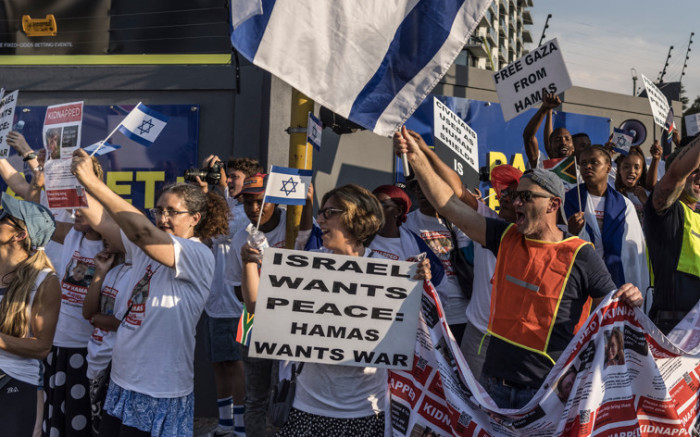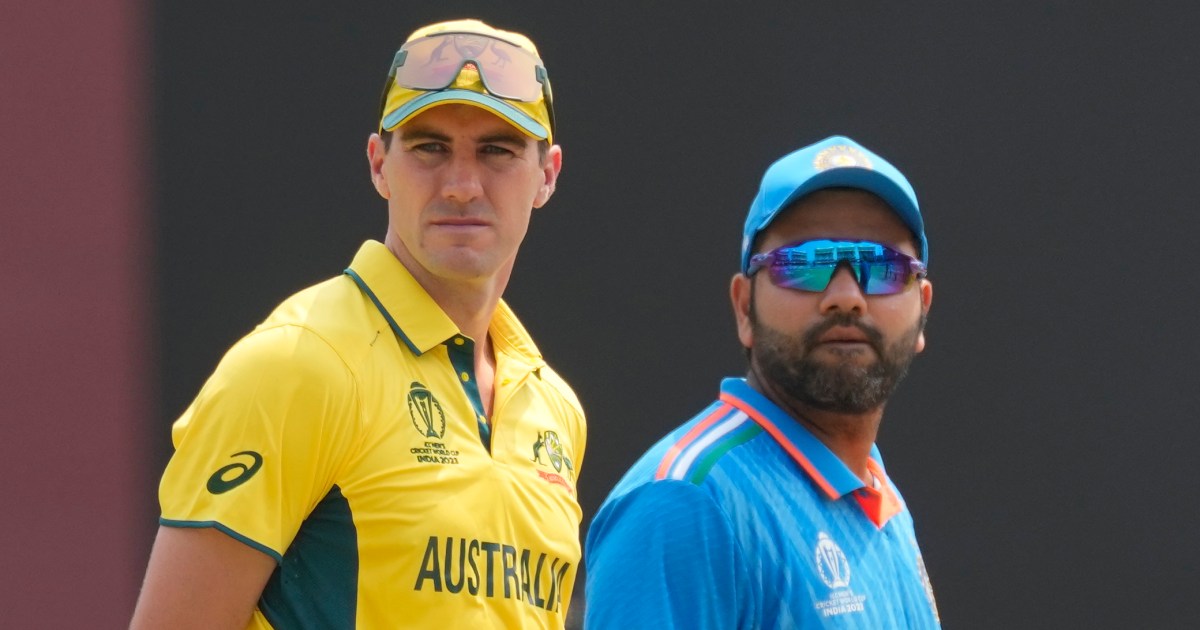
Israeli officials were unhappy when Mohammed Nazal, an 18-year-old Palestinian, described his ordeal in Israeli prisons after his release as part of a Ceasefire agreement with Hamas last week.
The teenager, from the occupied West Bank town of Qabatiya, told Arab and Western media how he was beaten and denied medical attention, but this was refuted by Israeli authorities who tried to portray him as a liar.
His statements and medical records have now been verified by a fact-checking agency and provide further evidence of the brutal abuse suffered by Palestinians in Israeli prisons, which has only worsened since the war between Israel and Hamas began on October 7.
What does Nazal say?
Nazal was arrested in August and held without charge. He was among more than 100 Palestinians held – many arbitrarily – in Israeli prisons and released under a week-long ceasefire that ended on Friday.
After his release, he was interviewed by various news outlets including Al Jazeera talk about his time in Israeli prison. He said prison guards became significantly more violent after the war began.
“He beat me with a stick for eight minutes without caring where it landed,” he told Al Jazeera of how an Israeli guard tortured him.
“I covered my head. The stick was aimed at my head here, but my hands would absorb the blow.”
Images of Nazal with his hands bandaged – and his account of the ordeal – went viral. He said both hands suffered fractures and several fingers on both hands were broken. He may need surgery on his road to recovery.
Nazal said he was “in pain on the floor for a week” in prison after the beating but was not offered medical help before his release was secured through a hostage exchange.
What does Israel say?
Only after he was reunited with his family by the Red Cross was Nazal able to talk about his experiences.
But after his report emerged, Israeli officials took action.
Ofir Gendelman, a media representative in Prime Minister Benjamin Netanyahu’s office, released a video that showed Nazal had his hands unbandaged as he boarded a Red Cross bus.
That means his hands are “fine,” he said. And he claimed this shows how Palestinians lie about what happens in Israeli prisons.
That’s a while Israel’s propaganda tactics and unfounded allegations continued to be publicly disclosed during the war, more than ever before.
P.S. According to Israeli information, Mohammed Nazal is 18 years old.
His date of birth was incorrectly entered in the hospital emergency room as January 1, 2004 (apparently a default setting), but the ID number is the same as his ID in the Israeli records. pic.twitter.com/n7qsZWT94W
-Muhammad Shehada (@muhammadshehad2) November 29, 2023
Is there any proof?
So is there any evidence of the “war zone” that Nazal experienced in Israeli prisons, where Palestinians are said to live in inhumane conditions?
The young man is not the first Palestinian to come forward with such accounts. Many of the Palestinians released this week provided similar accounts of torture, beatings and humiliation to the media.
The practices in Israeli prisons have long been thoroughly documented. as they have been going on for decadessince the beginning of the occupation of the Palestinian territories in 1967 and even before that, during British control of the area.
But Nazal also has evidence. Arab fact-checking platform Misbar analyzed medical records issued by Nazal’s doctors on the day of his release. According to the records, he had fractures to his metacarpals – the flat bones on the back of his hand.
Misbar also released X-rays of the teen’s hands taken on the day of his release on November 28. They also confirmed multiple fractures, consistent with findings from a medical center in Ramallah. Photos of Nazal after his release also showed that he had significant signs of bruising on his back.
The teenager’s medical records were also reviewed and verified by media outlets, including the BBC.
#Misbar investigated Israeli accounts’ claims regarding the video footage shown #Mohammed_Nazzal After his release, he left the prison and boarded the Red Cross bus.
More details: https://t.co/uubnouGdnh pic.twitter.com/M2KBc2ayUa
— Misbar (@misbar_en) November 29, 2023
What else happens in Israeli prisons?
Like thousands of other Palestinians, Nazal was held in “administrative detention.”
It is a practice supported by Israeli law that allows Palestinians to be detained for six months without charge or trial. This period can be repeatedly extended indefinitely.
In addition to physical abuse, human rights groups have reported that the Israeli prison service has taken other measures against Palestinian prisoners since the war began.
Prisoners’ access to water, food, medical care, and common items was reportedly restricted, and visits from family members and lawyers were limited or stopped.
It also allowed prisoners to be placed on mattresses on the prison floor to allow already overcrowded prisons to accommodate more inmates.
It has also been documented that underage detainees experience the same horrific conditions as adults, and many of them face Israeli military courts.






Recent Comments